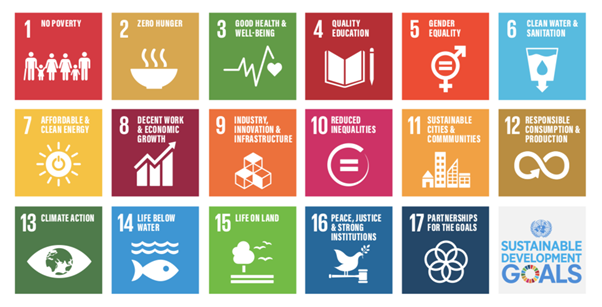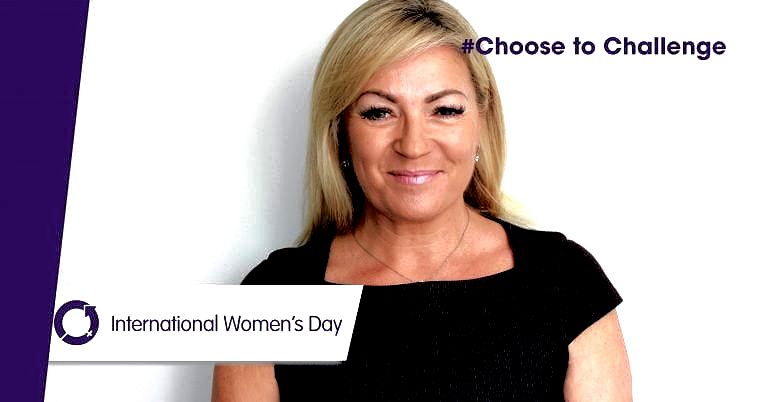Cover Letters Nowadays
A while ago a friend approached me and asked me a question about cover letters. He was applying for a job and knowing I work in recruitment wanted a 2nd opinion on what he had written. Naturally I gave my advice, but it got me questioning whether the cover letter is still relevant today and if so, what should its format and content look like.
To me (a recruiter) a cover letter is the old school however it is still widely requested when applying for roles. A cover letter is essentially requested to give the hiring manager an introduction to you and an insight into your current situation/availability/relevance. This should lead them to your CV, CV leads to an interview, interview to a job, job to living happily ever after. Simple.
So what information should you include and what shouldn’t you? What’s too long and what’s too short? How formal do you make it? Where to start?
Tailor, Tailor, Tailor
Each cover letter should be tailored specifically to the job you are applying for. This is extremely important. Sending the same letter over and over again may speed the rate you are applying for jobs but in reality, it will be hindrance rather than a help. Copy and pasted letters are easy to spot and once spotted, will quickly make the reader question your true desire to work for that company in that role.
The advert will list the requirements of the role, taking time to align the content to this will reap rewards. Take time to research the company and its culture and explain why it appeals to you. People like to know the reasons you want to work for them. Tailoring the letter shows the reader you have taken time consider the position seriously. If you are merely “looking for a job” you will fall in with the masses.
Content
Remember a cover letter is not a CV. You do not need to give information on every bit of experience, ticket, course or qualification you have ever attained. Make sure you clearly reflect how you match the requirements of the role, but make sure it’s relevant and snappy.
Bear in mind your letter may be the 100th letter the person at the other end is reading, they will not be spending long examining it. On average a hiring manager will spend around 30 seconds looking at a cover letter. This means paragraph after paragraph won’t fly. Make sure paragraphs are bite sized. Bullet points are a good way to draw attention to your relevant skills, experience and achievements.
How formal?
This will fall in line with how you tailor your letter to the advert, company and the role. You ought to be able to get a good an idea of how formal the letter needs to be from the type of role you are applying for. You can make a fair assumption that a cover letter required of a lawyer will demand a more formal approach than that of a boilermaker for example.
If in doubt remain professional but don’t over-cook it. If your letter starts with “Greetings kind Sir/Madam, it is with the utmost pleasure I wish to state my interest in applying blah blah blah” it’s likely it will raise eyebrows rather than interest.
Know where it’s headed
Think about who is advertising the role. By researching the advert/company you can get a fair idea of who will be casting their eye over your letter. If it is a smaller company, it will usually be the hiring manager which means your letter will be going straight to the decision maker. Larger companies may have HR/Recruitment departments that will do the initial screening of hundreds of CVs for many different roles.
This will give you a bit of perspective of what to include and how to tailor the content. If it is a mass recruited role a short snappy letter with clear correlation of your experience and role requirements would be best. If it’s going straight to a hiring manager, you may be able to elaborate on experience and achievements.
Recruitment Company VS End Employer
I can’t speak for all but I, as a recruiter, spend little time dwelling on cover letters. The reasoning: recruiters are engaged by companies to find them people and, because they have to find people specific to their client’s requirements, they generally focus on qualifications/experience listed on the CV. Once a recruiter finds someone that could be a good match, they will undertake a phone screen and conduct their own interview before deciding if the candidate is a good fit and worth submitting to their client. This eliminates a need for a cover letter.
As an applicant bear this in mind and look to see who is advertising the role. Tailoring letter after letter to adverts listed by recruitment companies may not be time best served.
Other important points to consider:
- Grammar & Spelling – Always proof read, and spell check your letter
- Contact details – Include these on both your letter and CV (simple yet so often missed)
- Location – if you are not located near the role explain why in the cover letter otherwise you may be dismissed very quickly
- Human touch – Be yourself and convey some of your personality in the letter
- CV/LinkedIn – Make sure your CV and LinkedIn profile reflects the information in the cover letter. Conflicting information can raise suspicion and doubts
Taking the above on board, a cover letter should read well and should always focus on what you have to offer the employer rather than why you want the job. Being clear and concise is a must. If you want to see some examples of how it’s NOT done there are some crackers here:
Business Insider – Worst ever cover letters
After the conversation with my friend it reiterated that entering the job market as a candidate can be daunting. It is something most aren’t familiar with. It may have been months or years since you last touched up your CV or looked at constructing a cover letter. Hopefully the above can give some insight and help.
















